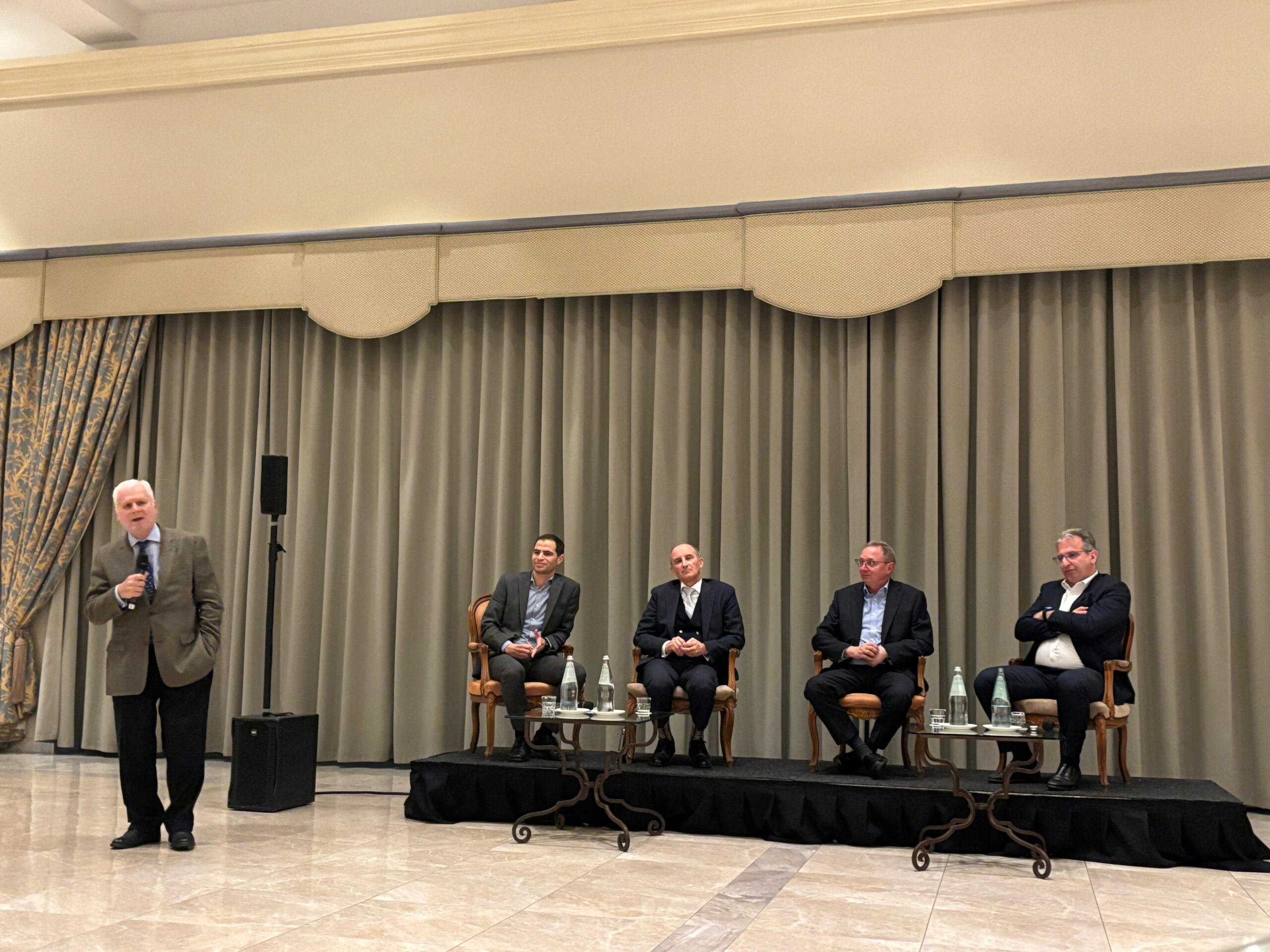Capital markets experts on 20th January called for measures to stimulate activity on the Malta Stock Exchange warning, that the death of just a few elderly shareholders can negatively impact issuers.
They were speaking during a panel discussion entitled ‘To List or Not to List: The Maltese Equity Dilemma’, organised by the Malta Business Network (MBN).
The panelists, according to a statement, highlighted that low activity on the MSE also creates liquidity challenges and stifles growth.
Proposed solutions ranged from introducing tax incentives to encourage local participation, attracting foreign investors to the market, and implementing structural reforms to address longstanding issues.
The discussion, held at The Xara Lodge in Rabat, was moderated by MBN board member Thomas Cremona, an expert in exit planning. The panelists included Ryan Sciberras, an advisor with extensive experience in capital market transactions, Jesmond Mizzi, a financial services veteran with over 28 years of experience, and Michael Warrington, CEO of AX Group and a leader in corporate finance and public listings with deep insights into Malta’s equity market.
The panelists agreed that low market activity limits the attractiveness of listing on the MSE, with some suggesting that were they approached by a client seeking to list in Malta, they may suggest exploring another larger market abroad instead.
Mr Sciberras said that while listing can offer opportunities to raise capital and plan succession, companies are often hesitant due to limited trading volumes and liquidity constraints.
“Whether raising capital or planning an exit route, listing offers an interesting option, but the market needs to be more vibrant to fully realize its potential,” he said. Mr Mizzi echoed this sentiment, advocating for targeted measures to incentivise activity.
“Tax incentives or policy changes could make the market more dynamic and appealing to investors,” Mr Mizzi said, adding that attracting foreign players could inject much-needed vitality into the MSE.
Mr Warrington shared AX Group’s journey through equity and bond listings, highlighting the governance benefits of going public but also pointing out the challenges of relying on a relatively illiquid market. “The death of just a few shareholders can have a major impact,” he remarked, adding that this occurs when those inheriting the departed’s shares wanted to sell.
This, he said, underscored the limited investor base and aging profile of many shareholders.
Despite these challenges, Mr Warrington affirmed AX Group’s preference for market-based funding over traditional bank loans, describing it as a balancing act between cost and strategic benefits.
Speaking from the floor, Herald Bonnici of the Private Equity Venture Capital Association (PEVCA) said that in recent months, he had been exploring options to attract private equity and venture capital to the island to help bolster activity. PEVCA’s initiatives, he said, aim to attract more local and international firms to consider Malta as a viable and appealing destination, which complements listing on the Malta Stock Exchange and elsewhere.
MBN chairman Joseph Zammit Tabone closed off the discussion with a call for a new dividend policy that ensures a yield for investors and greater transparency.
The event concluded with a consensus that structural reforms, innovative policy measures, and greater engagement with both local and international investors are essential to unlocking the potential of the Malta Stock Exchange.
The Malta Business Network organises monthly industry focused panel discussions with local business leaders, innovators, policymakers, and regulators, and February’s panel discussion will focus on Malta’s fast-changing labour force and the future of jobs on the island.
Ganado Advocates announce three Senior Associate appointments
The appointments enhance the firm's capabilities in capital markets, investment services, and corporate law.
Restrictive spending policies could be stifling business growth, say finance leaders
The research, which surveyed both employees and finance leaders, highlights the negative impact that restricted budget access can have on ...
Helga Ellul appointed Independent NED at Central Business Centres
Over the years, she has held numerous directorships and leadership positions across local businesses, governmental organisations, and non-profit entities.
Is generative AI a business asset or a data security liability?
Each time a user enters data into a GenAI platform, the information becomes part of the system's learning model.









